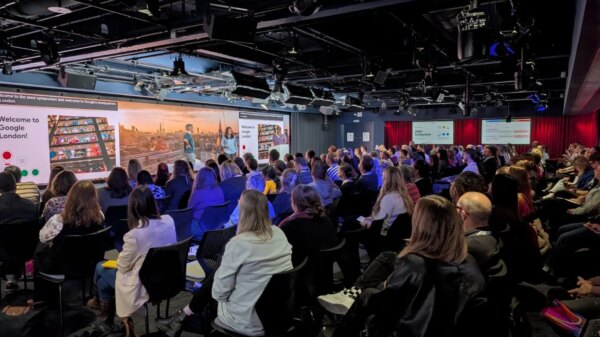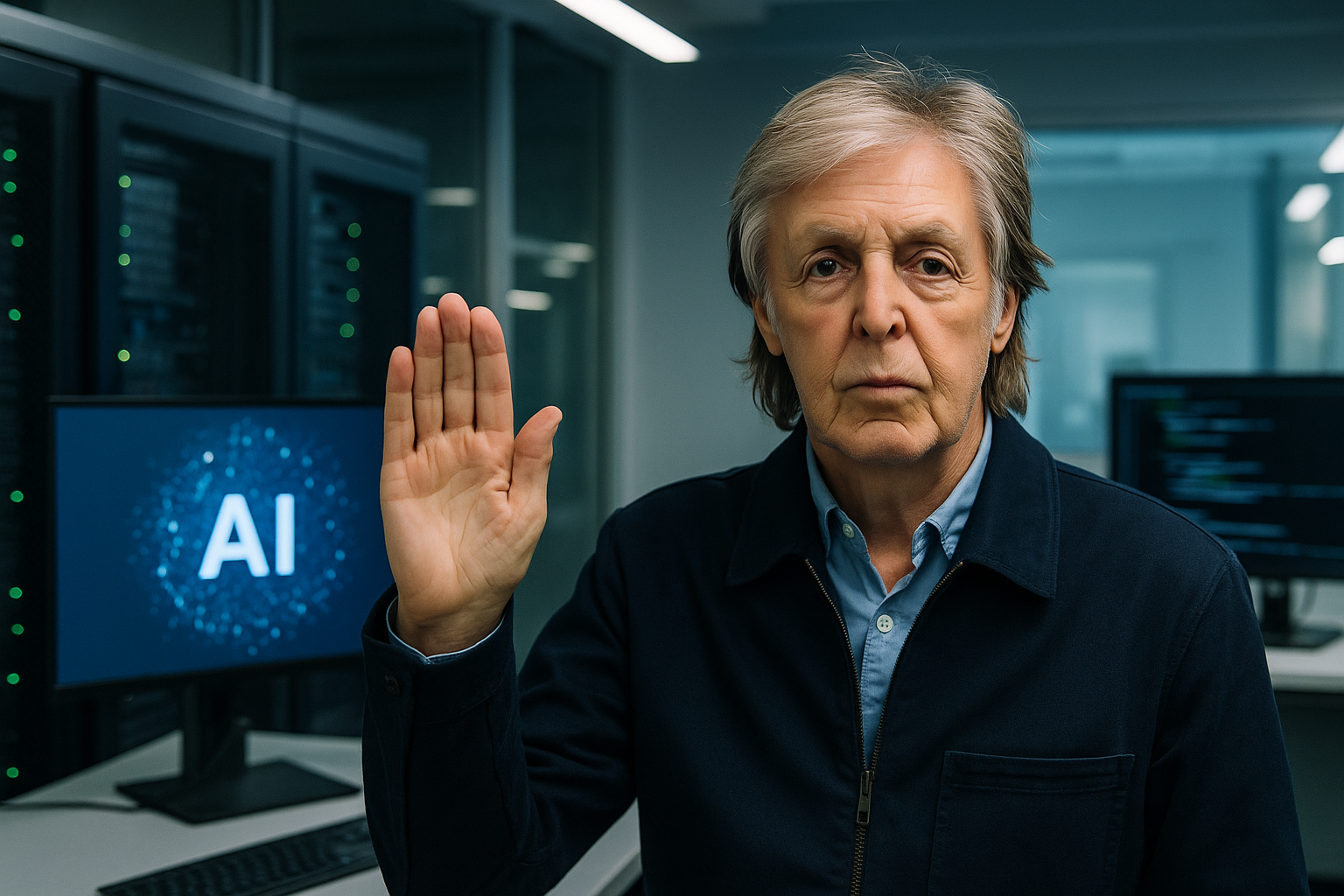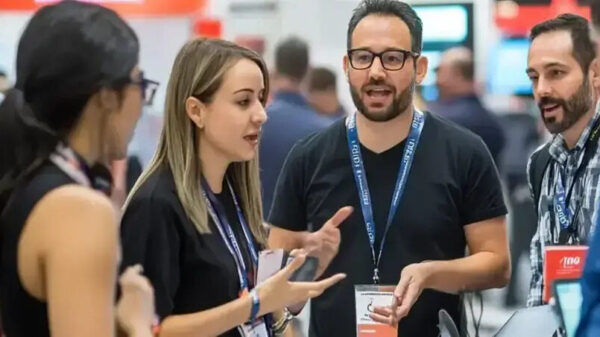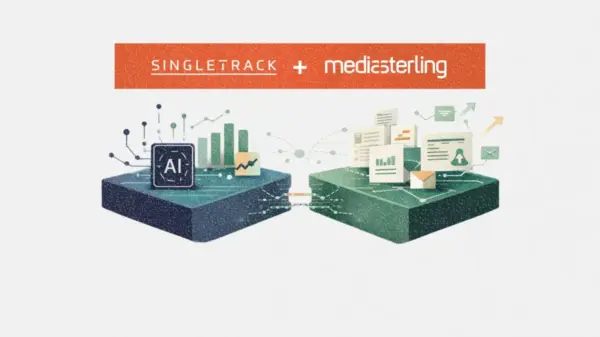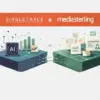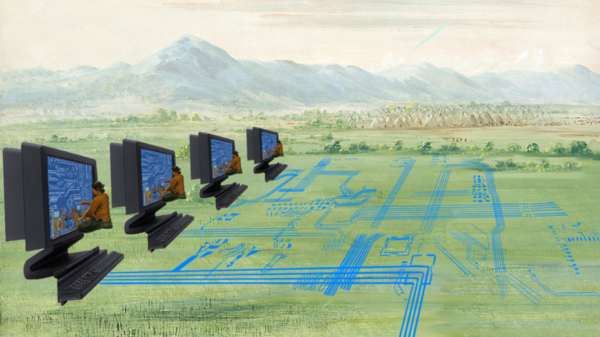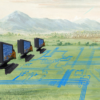In a striking move against the UK government’s approach to copyright in the age of artificial intelligence (AI), Sir Paul McCartney has produced a “silent” track. This unique offering will serve as a bonus feature on the physical edition of the compilation album Is This What We Want?, which first debuted digitally earlier this year. The album features silent recordings from empty recording studios, emphasizing the essential role of human creativity in music production.
The compilation has seen contributions from over 1,000 artists, including notable figures such as Kate Bush, Damon Albarn, and Annie Lennox. The tracklisting of Is This What We Want? makes a bold statement: “The British government must not legalise music theft to benefit AI companies.” This message reflects the growing concerns among artists regarding the potential exploitation of their work by AI technologies.
On December 8, the physical album will be available for purchase, with all proceeds directed to the charity Help Musicians, known for its extensive support to artists facing crises.
Artists Unite Against AI Copyright Concerns
Ed Newton-Rex, the album’s curator, voiced strong opposition to the government’s current stance, stating,
“The government must commit to not handing the life’s work of the country’s musicians to AI companies for free. Doing so would be hugely damaging to our world-leading creative industries, and is totally unnecessary, only benefiting overseas tech giants.”
This sentiment is echoed by McCartney, who previously joined 400 artists in signing an open letter to Prime Minister Sir Keir Starmer, urging for protections against the encroachment of AI on their creative rights.
Artists like Sir Elton John, Dua Lipa, and Coldplay have also raised concerns over the government’s proposals that would allow creatives to “opt out” of having their works utilized for training AI models. McCartney has warned that such measures could lead to artists losing ownership of their work. He stated to the BBC,
“You get young guys, girls, coming up, and they write a beautiful song, and they don’t own it, and they don’t have anything to do with it. And anyone who wants can just rip it off.”
The Broader Implications for Creative Industries
Referencing the iconic Beatles song “Yesterday,” McCartney further emphasized the importance of equitable compensation for artists, noting,
“The truth is, the money’s going somewhere. Somebody’s getting paid, so why shouldn’t it be the guy who sat down and wrote Yesterday?”
His message to the Labour government was clear:
“We are the people, you’re the Government. You’re supposed to protect us. That’s your job. So you know, if you’re putting through a Bill, make sure you protect the creative thinkers, the creative artists, or you’re not going to have them.”
The release of McCartney’s silent track is a direct challenge to the narrative surrounding AI and its implications for the music industry. As discussions around AI and copyright continue to unfold, it is evident that many in the creative community are demanding stronger protections in an era where technology can easily replicate human artistry.
As the UK government considers its next steps, the voices of prominent artists like McCartney and their call for regulatory action may shape the future landscape of copyright law in the age of AI. The outcome could set a precedent not just for the UK, but for creative industries worldwide as the balance between technology and artistic integrity is increasingly put to the test.
See also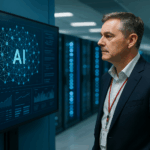 Welsh Government Launches AI Plan to Boost Public Services and Economic Growth
Welsh Government Launches AI Plan to Boost Public Services and Economic Growth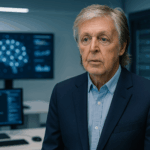 Paul McCartney, Sam Fender, Kate Bush Join AI Protest Album, Urging Copyright Protections
Paul McCartney, Sam Fender, Kate Bush Join AI Protest Album, Urging Copyright Protections ALX, Anthropic, and Rwanda Launch AI Companion Chidi to Transform Education Across Africa
ALX, Anthropic, and Rwanda Launch AI Companion Chidi to Transform Education Across Africa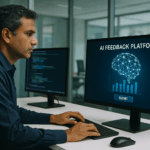 Govt Excludes 2 Crore Ineligible Beneficiaries from PMGKAY, Launches AI Feedback Platform
Govt Excludes 2 Crore Ineligible Beneficiaries from PMGKAY, Launches AI Feedback Platform Insurance Firms Launch AI Coverage as Generative AI Risks Surge, 90% Businesses Demand Protection
Insurance Firms Launch AI Coverage as Generative AI Risks Surge, 90% Businesses Demand Protection



